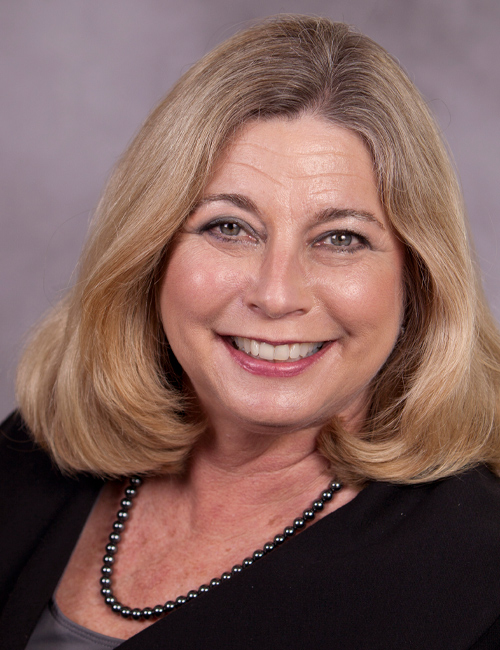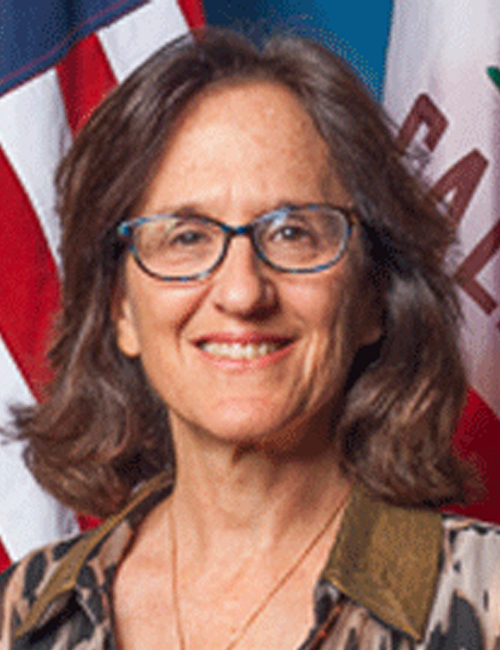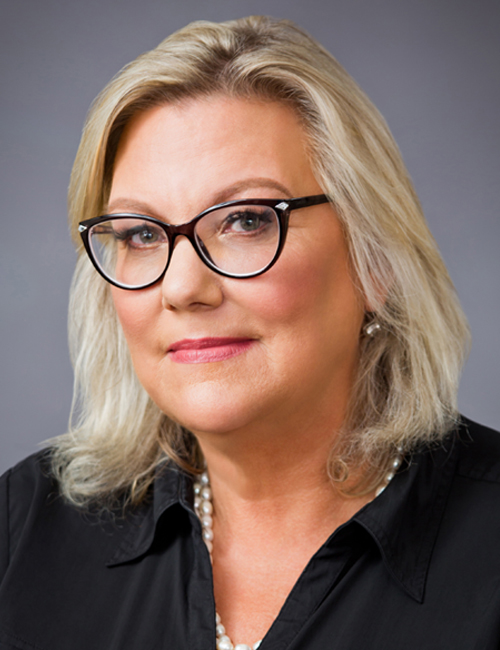


How does professional development grow the leadership of the board?
Much in the same way, board members set the direction for a culture of life-long learning and lead by example as they choose to participate in learning opportunities. Having served as a board member, CSBA governance educator and consultant, and a Masters in Governance faculty member for many years, I can personally attest to the importance and value of board member training. For any school district or COE to run effectively, all people within the organization must be well trained, know their jobs and function at the highest level.
Effective leadership is essential for any organization. Being a board member is a difficult and complex job. Dysfunctional teams undermine the efficiency and effectiveness of their organizations. This dysfunction will filter down and impact the functioning of the district or COE at every level and will ultimately impact students. Research has shown that high-functioning boards lead high-achieving organizations.
Over the years, I have seen that governance teams that invest in their own training, whether it be CSBA’s MIG, the Institute for New and First Term Board Members, and/or Governance Consulting Services training sessions — such as our Good Beginnings Workshop and Board Self-Evaluation Sessions — function at a higher level. As Dr. Carol Roberts once said, “The behavior that is modeled by the leadership profoundly shapes the culture of an organization.” And, I would add, their ability to serve their students.
The CSBA publication, The School Board Role in Creating the Conditions for Student Achievement (May 2017), suggested the most productive areas for this training include:
- Covering the basics of the job
- Improving governance practices to ensure that meetings are run efficiently
- Understanding the distinction between the role of the board and that of the superintendent and staff
- Learning about ways of improving student outcomes and closing achievement gaps
- Engaging the community and public leadership to ensure that board members can best advocate for the broader needs of their schools and communities
Meeting other school board members from around the state was interesting, shedding light on how both different and similar the issues are that we face. Conference topics were engaging, informative and left me excited to bring back new ideas regarding student success and board relationships. I still have handouts from the sessions on equity. Several of my fellow board members attended these sessions and they were, in part, the impetus for our decision to focus on equity as a board priority over the last several years.
Being knowledgeable about education issues and honing our skills as leaders prepares us to fulfill our responsibilities of setting direction, ensuring accountability for student success, advocating for students and educating our community about our efforts. A core function of our county board of education is professional learning to support quality education. Attending conferences, the Masters in Governance for COEs, and hosting board workshops display a board’s commitment to professional development. By taking time to learn together we strengthen our relationships, our knowledge and our skills so that we may better serve the community.
Teri: Engaging in professional development opportunities can be challenging for small, rural school districts; however, we must be committed to building our capacity as board members. Although rural school board members often must travel long distances to obtain this ongoing education, the educational landscape is constantly changing and it is important for us, as trustees, to do the best job for our students and adequately educate ourselves.
School board members benefit from professional development on all topics within public education and the knowledge and understanding gained leads to quality decision-making for students. Training and professional learning for board members can strengthen a board’s ability to fulfill their roles and responsibilities, contributing to improved achievement for each and every student.
Board members come to the job with a variety of experience and backgrounds and every board is addressing different circumstances in their school district or county office. This is especially true for small, rural school districts. Moreover, training and professional learning is not a one-time commitment for effective boards. Boards and board members can and do benefit from a range of professional learning over time. We need to assess our professional development needs as a board and make the choices that will build our toolkit of skills necessary to make informed decisions.
One way that small, rural school districts can access professional development is through virtual education. CSBA’s Online Learning Center is affordable and has many modules for asynchronous learning on topics such as school safety, the budget, the Local Control and Accountability Plan, equity and more. Visit olc.csba.org or email learning@csba.org for more information.
As a 24-year rural school board member, I appreciate a way to do my professional development in the comfort of my home. CSBA’s AEC is an excellent learning experience for all boards and will be held in December 2021. There will be two distinct offerings: an in-person conference and a separate virtual conference for those choosing not to travel. Visit aec.csba.org for more information.
Continuous growth and development as both individual board members and as boards will support our high expectations for the students of California.